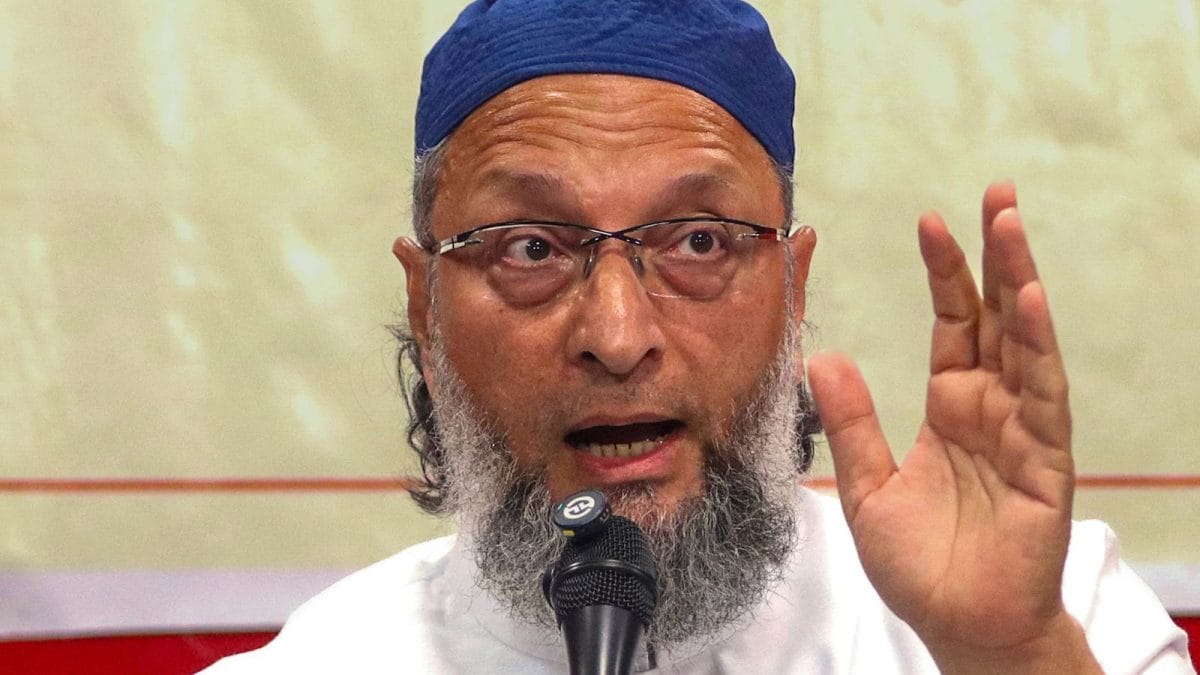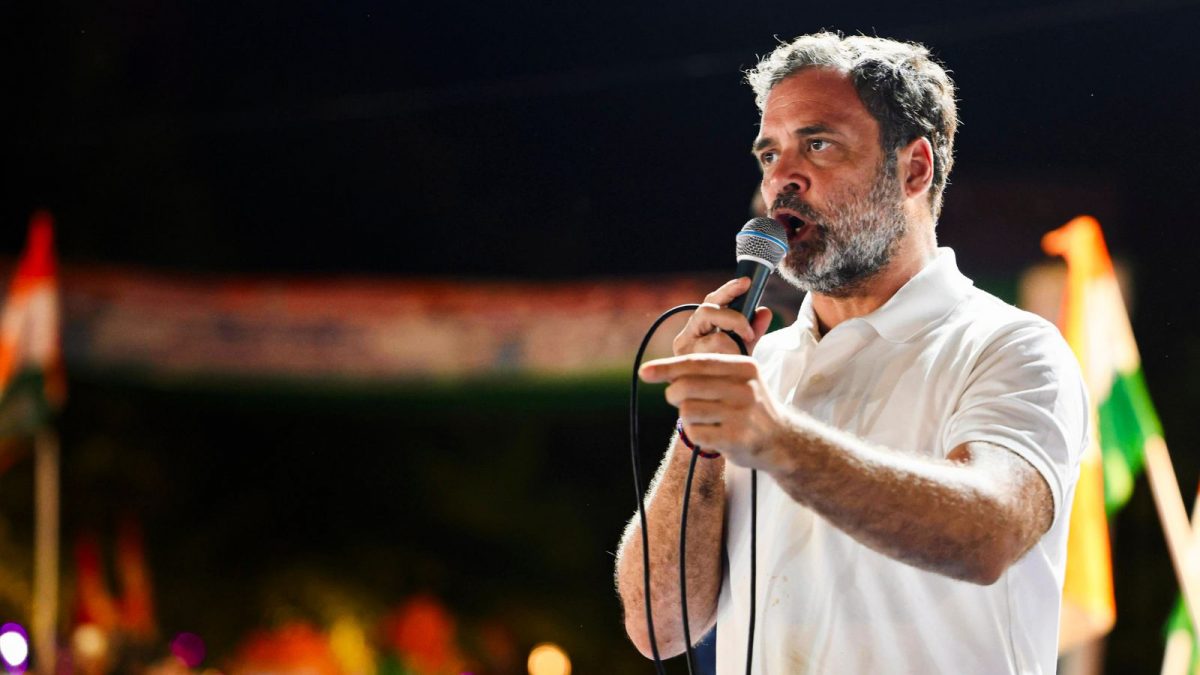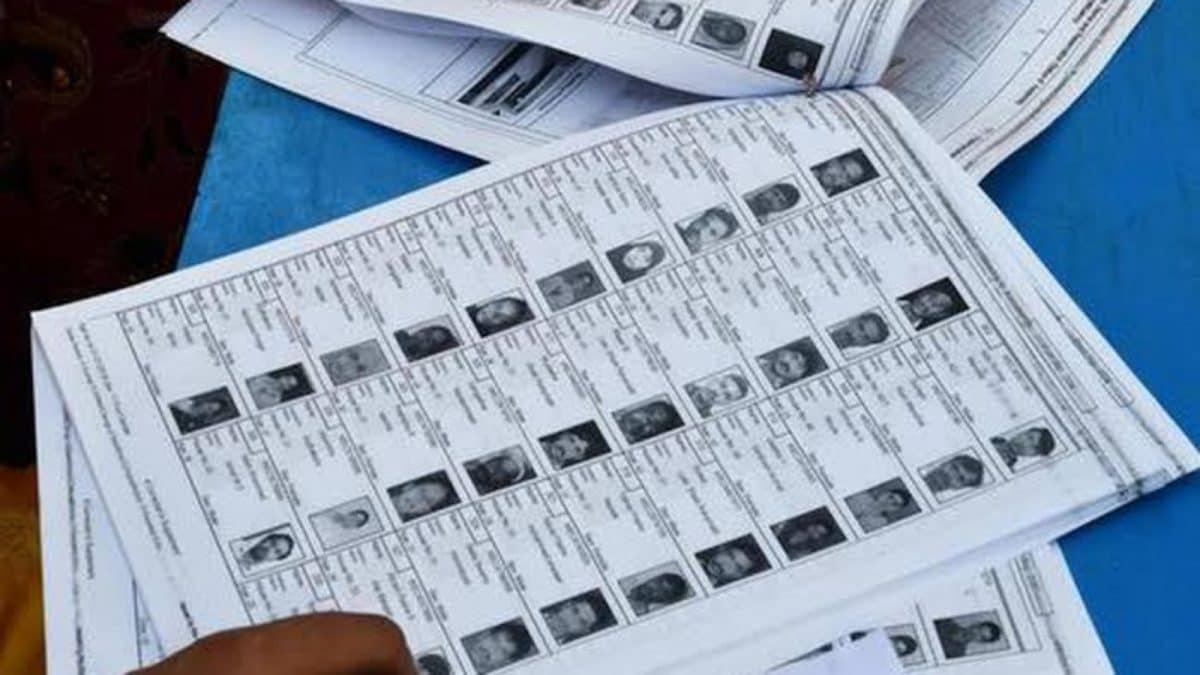Last Updated:
With these five seats, Owaisi’s AIMIM alone accounts for nearly half of the Muslim MLAs in the newly elected Bihar Assembly

The Seemanchal results have given AIMIM renewed relevance. (PTI File)
Asaduddin Owaisi has long argued that Indian politics underestimates the political aspirations of Muslims. This year’s Bihar election offered him another moment to reinforce that claim. The All India Majlis-e-Ittehadul Muslimeen (AIMIM) notched five seats in the Seemanchal region — matching its 2020 tally — and finished a close second in one more.
In nine constituencies, the party’s vote share exceeded the margin of victory, making AIMIM a decisive factor in the final outcome. In fact, AIMIM is just one short of matching the tally of the Congress.
In 2020, the Rashtriya Janata Dal (RJD) managed to influence 4 out of 5 MLAs from the AIMIM, resulting in Owaisi pursuing this election with even more vigour.
What makes the Seemanchal wins significant is their symbolic weight. With these five seats, AIMIM alone accounts for nearly half of the Muslim MLAs in the newly elected Assembly. For a region often spoken of in terms of backwardness and underdevelopment, the results have added a new political layer — one shaped by identity, aspiration, and a rejection of the status quo.
Owaisi’s post-election comments
Owaisi lamented the lack of infrastructure, development, and basic healthcare facilities, stating, “The Prime Minister’s heart still lies in Ahmedabad.” Owaisi specifically highlighted the annual loss of land in districts like Kishanganj due to floods, criticising the government for resorting to “election-time announcements” like transferring money to women’s accounts instead of undertaking substantial flood control measures like building embankments.
Owaisi’s post-election comments reflected the confidence of a leader who believes his party has broken new ground. He sharply criticised mainstream parties for what he described as their routine, perfunctory appeal to Muslim voters.
According to him, parties rely on Muslim votes with hollow slogans about “changing the government” while offering little substantive representation.
It was a remark aimed not just at political rivals, but at the broader narrative that assumes Muslims will automatically vote for certain parties without demanding accountability.
Owaisi has consistently urged Muslim voters to shed political passivity, and the Bihar results gave him fresh momentum. He reiterated that Muslims must move beyond being dependable vote banks and enter the political arena as leaders, negotiators, and decision-makers.
Owaisi’s proportionate power-sharing message worked
Owaisi emphasised the right of the 17% Muslim population in Bihar to proportionate power-sharing, congratulating Mukesh Sahani for his community (3% population) demanding the Deputy CM post.
“Are they [Muslims] only meant to vote and then stay silent,” he asked. He defended the aspiration for a Muslim Chief Minister, stating that every citizen has an equal right to aspire to any post. He further criticised his opponents who are Yadavs, suggesting their discomfort stems from his stance on security. Citing the example of Mohammad Azharuddin receiving a ministerial role in Telangana, he asked, “Why can’t we demand proportionate power-sharing?” he had said in his interview to News18 on October 29.
“Muslims are not captive labourers for anyone,” underlining the need for political independence and assertiveness, Owaisi has stressed.
AIMIM’s campaign in Seemanchal leaned heavily into this message. It positioned itself as a party that speaks directly to issues of development, representation, and local grievances — areas where voters often feel underserved by larger political formations.
Owaisi also referenced the verdict as indicative of a change in voter mindset — an early sign, he suggested, that Muslim communities across states are reconsidering their political options and support patterns.
For now, the Seemanchal results have given AIMIM renewed relevance and have once again highlighted the shifting, increasingly competitive nature of Muslim political representation in India. The story unfolding in Bihar is not just about five seats — it is about a community negotiating its political future with growing clarity and confidence.
November 16, 2025, 14:01 IST
Read More






